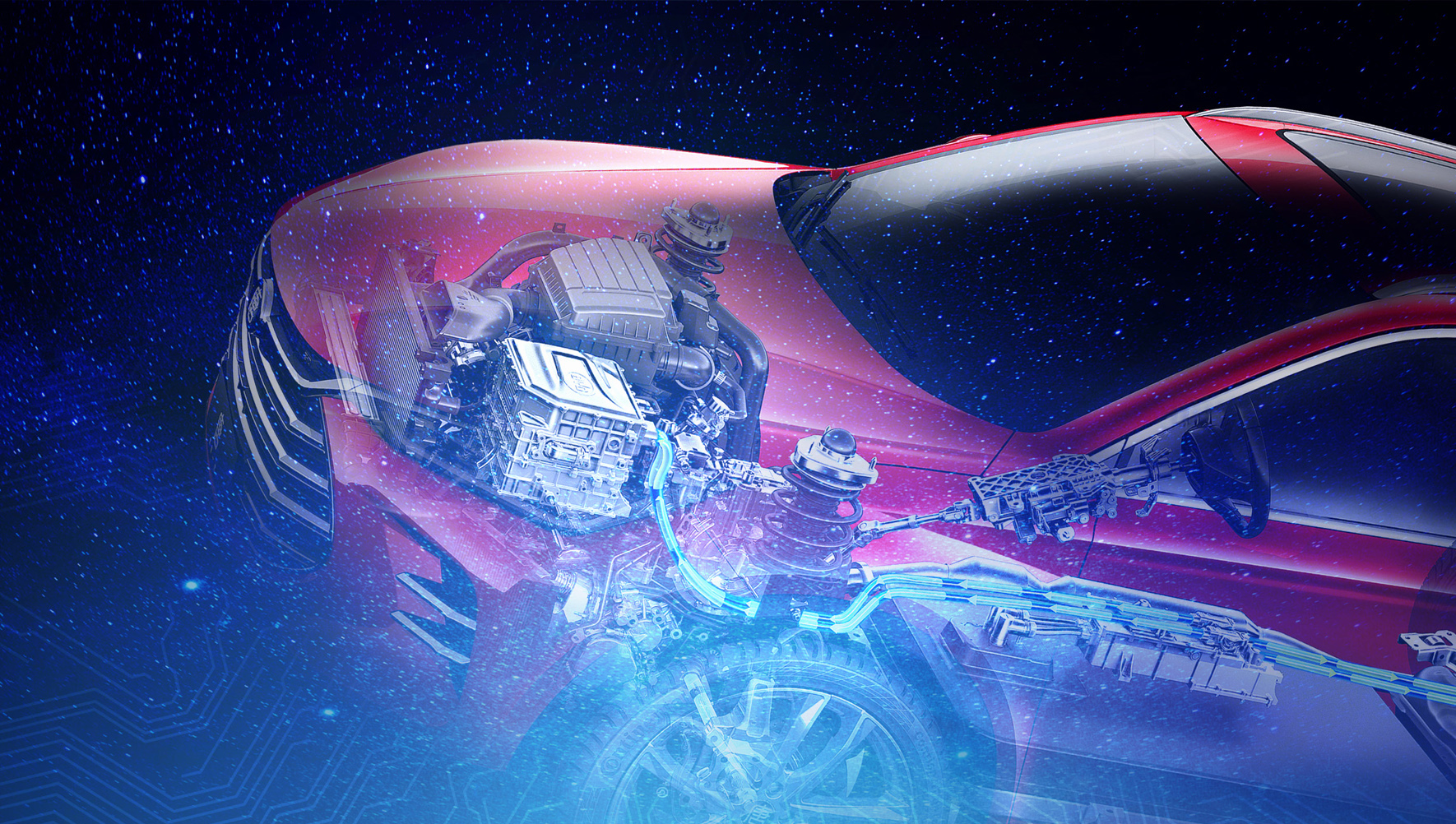
By Greg Gao
(JW Insights) Jul 31 -- China’s EV manufacturer BYD expanded its workforce and increased R&D spending this year as the company’s battery EV and hybrid EV deliveries hit a record high, JW Insights learned.

BYD hired 31,800 graduates in its 2023 campus recruitment, with 80.8% assigned to research and development (R&D) positions. Among the total number of recruits, 61.3% hold master’s or doctoral degrees, according to a media outlet in Shenzhen, where the company’s main offices are located.
BYD entered the automotive manufacturing industry in 2003, focusing on the development of new energy vehicle(NEV, including battery EV and hybrid EV) technologies. After two decades, it has become one of the global leaders in NEVs. In June of this year, BYD produced 252,657 vehicles, a significant increase from the 134,771 vehicles produced in the same period last year.
Currently, its cumulative production for this year reached 1,275,547 vehicles, a year-on-year growth of 95.47%. It sold 253,046 cars in June, significantly higher than the 134,036 units sold in the same period last year. The cumulative sales for this year reached 1,255,637 vehicles, a year-on-year growth of 94.25%.
BYD is one of the few companies around the globe that possess core technologies in batteries, motors, and electronic control. Its chairman Wang Chuanfu believes that in the face of opportunities presented by the electrification and intelligence transformation of the automotive industry, BYD must act swiftly.
To achieve this, BYD has invested heavily in the workforce, resources, and funding for research and development. In 2022, its R&D expenses amounted to RMB18.654 billion($2.6 billion), representing a year-on-year growth of 133.44%. Public data shows that as of the end of 2022, BYD had 69,700 R&D personnel and over 28,000 patents. BYD has also launched a series of trailblazing technologies, such as the blade battery, DM-i super hybrid, e-platform 3.0, CTB(cell-to-body) battery integration, and DM-p hybrid, all of which are actively promoted for wider adoption.
BYD began a significant expansion in 2022, increasing its workforce from 288,186 to 570,060, with R&D personnel growing from 40,382 to 69,697. Wang Chuanfu stated that this expansion is not only to meet the needs of the company’s development but also to fulfill its corporate responsibility in addressing employment and societal stability.
In the field of traction batteries, BYD established a leading technological and cost advantage globally, along with a scale advantage achieved through rapid capacity expansion. The company’s automotive products now cover seven conventional areas, including cars, buses, taxis, sanitation vehicles, road passenger transport, urban commodity logistics, urban building logistics, and four special areas: warehousing, mining, ports, and airports, according to the company.
As a comparison, among the top three emerging EV makers NIO, Xpeng, and Li Auto, NIO has the highest number of employees of 26,763. Li Auto has 19,396 employees, and Xpeng has 15,829 employees. The total number of R&D personnel for these three companies is 21,176, with 10,025, 6,313, and 4,838 R&D staff for NIO, Li Auto, and Xpeng, respectively. In contrast, BYD’s new graduate employees in 2023, assigned to R&D positions, reached 25,700, significantly surpassing the combined number of R&D personnel for the three companies at the end of 2022.
RELATED
-
BYD plans to establish a sodium-ion battery plant in eastern China’s Xuzhou with an investment of RMB10 billion ($1.4 billion)
11-20 17:51 -
European Commission President von der Leyen will visit China in wake of the EU’s ongoing probe into China’s subsidies on EV industries
11-20 16:59 -
Chinese auto giant Changan Automobile plans to launch eight self-developed battery cells in the future
11-20 16:26
READ MOST

No Data Yet~







